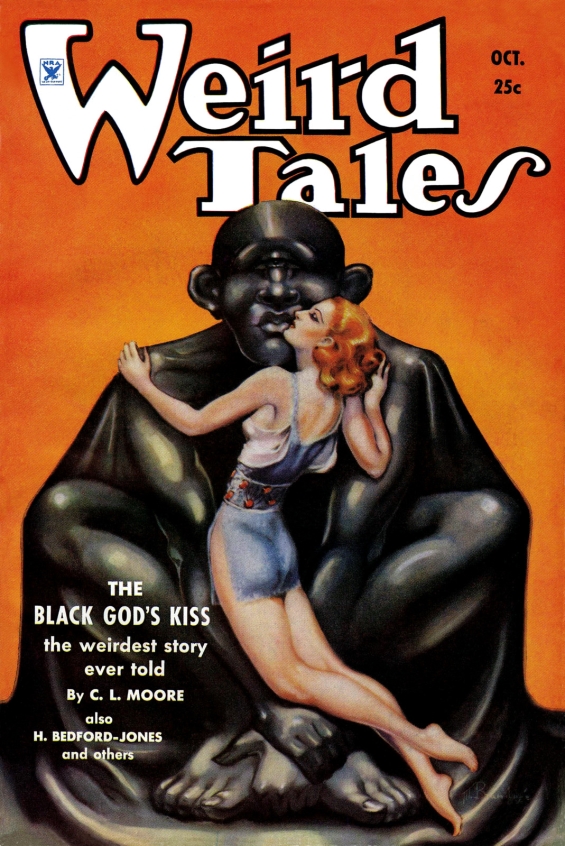
 The SFFaudio Podcast #309 – Jesse, Jenny, and Tamahome talk about new audiobook releases and recent audiobook arrivals.
The SFFaudio Podcast #309 – Jesse, Jenny, and Tamahome talk about new audiobook releases and recent audiobook arrivals.
Talked about on today’s show:
Contemporary Fantasy, Urban Fantasy, Magics, An Unwelcome Quest (Magic 2.0 #3) by Scott Meyer, Finn Fancy Necromancy by Randy Henderson, The Mermaid’s Sister by Carrie Anne Noble, Monster Hunter Nemesis by Larry Correia, Sad puppy Hugo campaign, Unseen (Unborn #2) by Amber Lynn Natusch, just read the first sentence, Claimed (Servants of Fate #2) by Sarah Fine, Hellbender (Fangborn #3) by Dana Cameron, Kate Rudd and Paul Rudd?, The Syndrome: The Kingdom Keepers Collection by Ridley Pearson
Alternative History, 1636: Commander Cantrell in the West Indies (Ring of Fire #15) by Eric Flint and Charles E. Gannon
Virtual Reality/Cyberpunk, Mountain Of Black Glass (Otherland, Book 3) and Sea Of Silver Light (Otherland, Book 4) by Tad Williams, these are chunky books
Military Sci-Fi, Gemini Cell (Shadow Ops #4) by Myke Cole, the Jump Universe and the Vicky Peterwald series by Mike Shepherd, not narrated by Matthew McConaughey, Tarnished Knight (The Lost Stars #1) by Jack Campbell, pronunciations, a new #1, Time Patrol (Nightstalkers #4) by Bob Mayer, Heir to the Jedi: Star Wars by Kevin Hearne, King of Thieves (Odyssey One: Star Rogue) by Evan Currie
Epic/Traditional Fantasy, Black God’s Kiss by C. L. Moore, she’s a woman, The Black Fire Concerto (The Stormlight Symphony #1) by Mike Allen, “ensorcelled” gains popularity, A Blink of the Screen: Collected Shorter Fiction by Terry Pratchett, Hypnogoria (Jim Moon) podcast covered Terry Pratchett, Toll the Hounds (Malazan Book of the Fallen #8) by Steven Erikson, the Circle of Magic and The Circle Opens and (later) the Immortals Quartet series by Tamora Pierce, Full Cast Audio is sort of audio drama, The Light Princess by George MacDonald, The Keeper (Watersmeet #3) by Ellen Jensen Abbott
Space Sci-Fi, Robot Dreams by Isaac Asimov, vs I, Robot, short story highlights, The Fortress in Orion (Dead Enders #1) by Mike Resnick, Under Different Stars (The Kricket #1) and Sea of Stars (The Kricket Series #2) by Amy A. Bartol, Old Venus edited by George R. R. Martin and Gardner Dozois, we can pronounce “Dozois”, Venus as it should be, S.M. Stirling
Zombies, Apocalypse, Dystopia, Steampunk, Horror (Grab bag!), The Sky-Riders by Paul Dellinger and Mike Allen, Pinkerton (detective agency), Islands of Rage & Hope (Black Tide Rising #3) by John Ringo, Firefight (Reckoners #2) by Brandon Sanderson, The Utterly Uninteresting and Unadventurous Tales of Fred, the Vampire Accountant by Drew Hayes, sexy title, The Mechanical: The Alchemy Wars #1 by Ian Tregillis, clockpunk?, The Fire Sermon (Fire Sermon #1) by Francesca Haig, twins, Cheech and Chong, The Intruder and The Hunger, and Other Stories by Charles Beaumont, Untouched by Human Hands by Robert Sheckley, readalong by Sffaudio (no Tama), Fury by Henry Kuttner, old Venus is back
Related Non-fiction, Alan Turing: The Enigma by Andrew Hodges, part of the Guardian Essential Library, apples, The Interstellar Age by Jim Bell, read by the author, Scott will review, slingshot effect, back seat drivers, The Sagas of Ragnar Lodbrok translated from the Old Norse by Ben Waggoner, Vikings

Posted by Tamahome



 Crown of Slaves (Honorverse: Wages of Sin #1)
Crown of Slaves (Honorverse: Wages of Sin #1)

